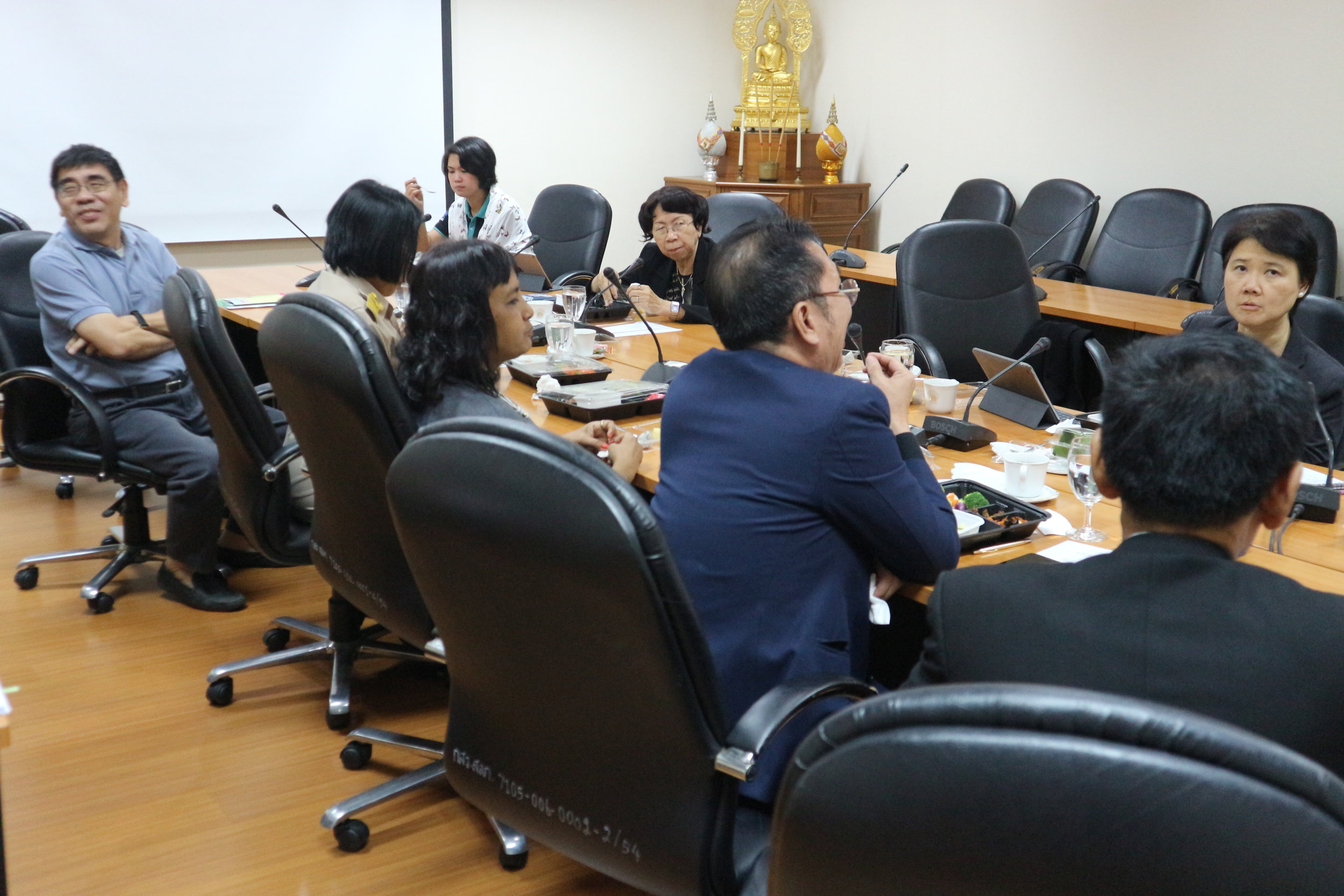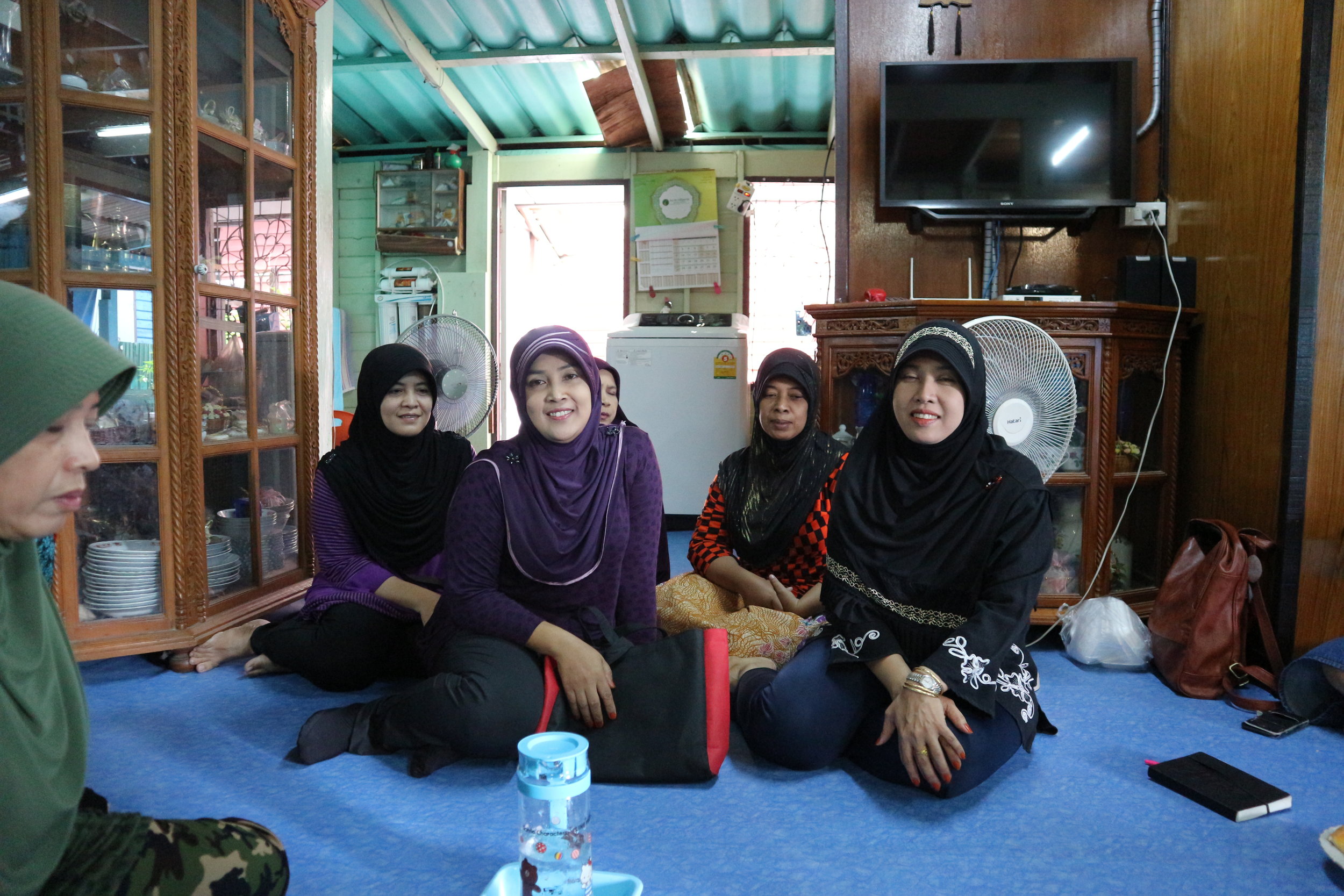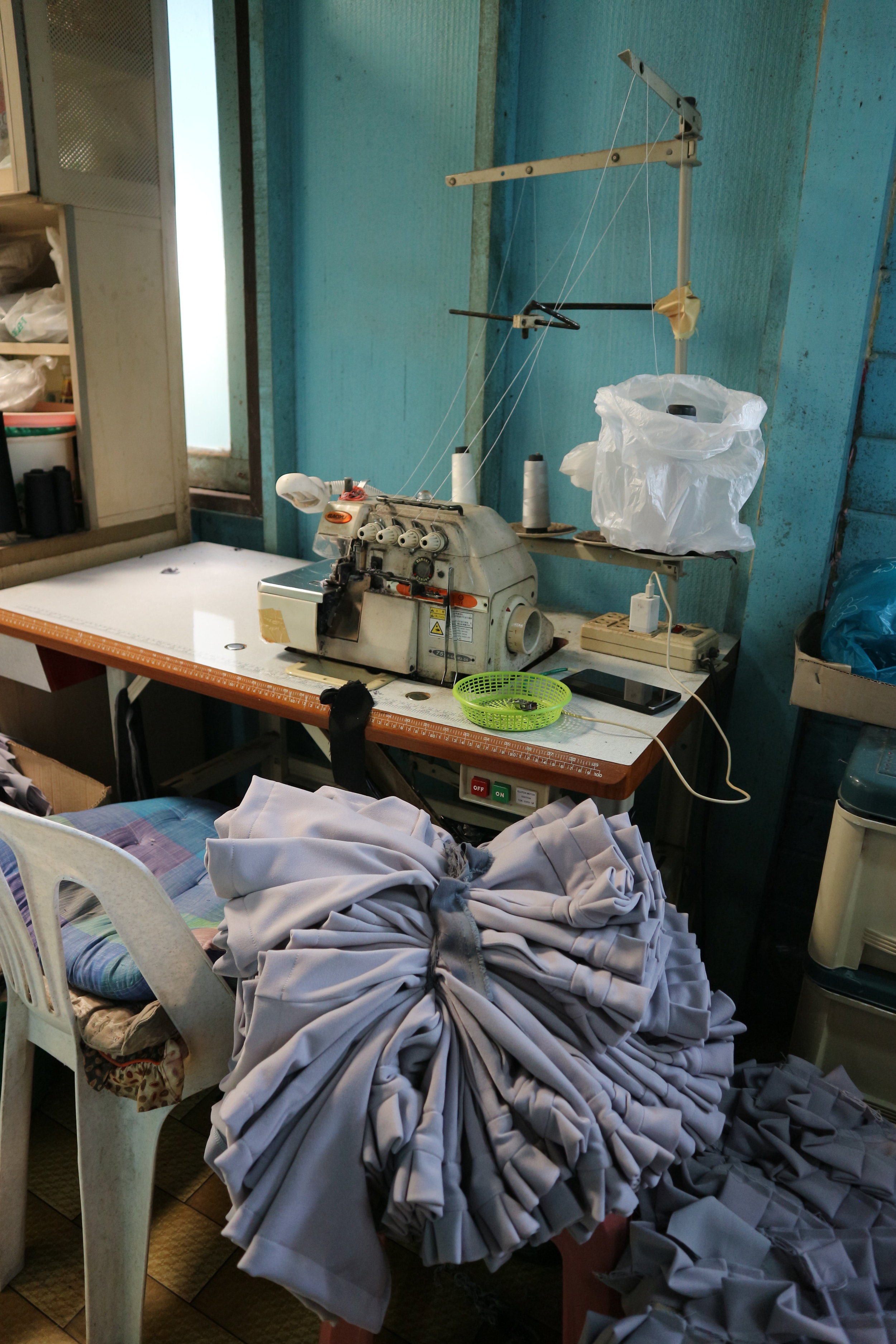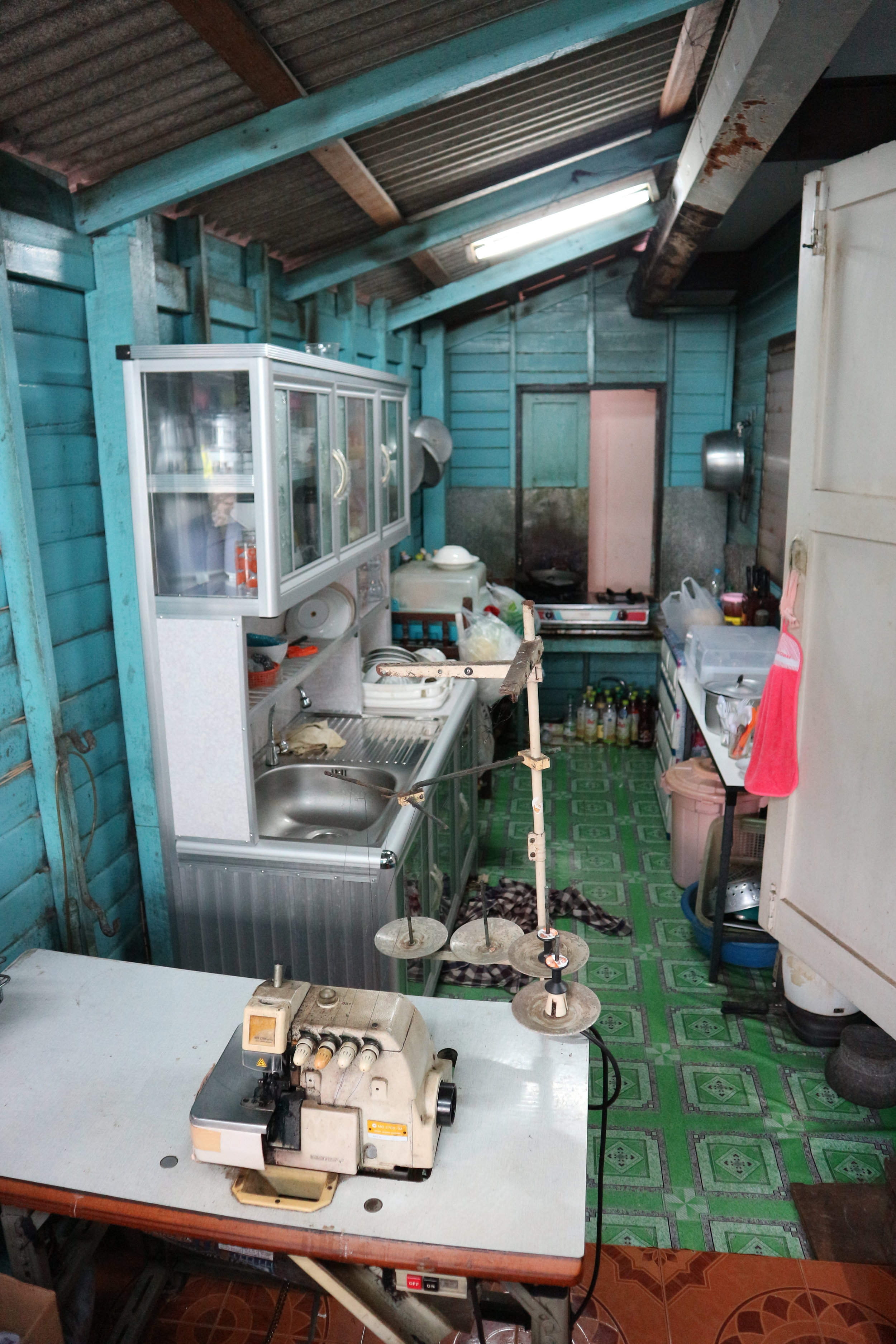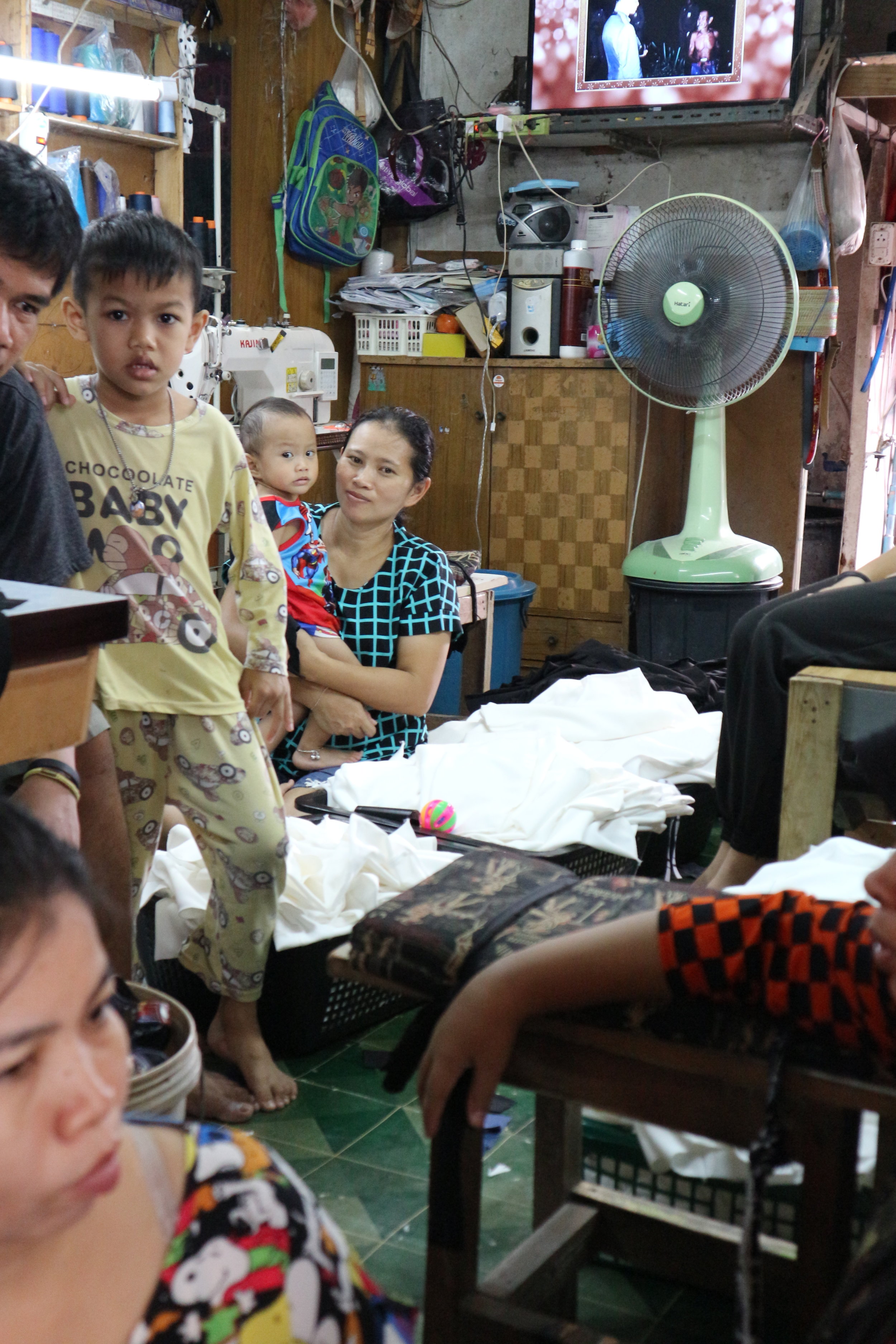Can the Ministry of Labour in Thailand lead the world in eliminating exploitation of homeworkers?
In October 2017 I began work for the International Labour Organisation giving the Thai Government advice about how to implement laws that were passed in 2010 to protect home-based workers. Although the laws are amongst the best in the world (the competition is not stiff), they have not yet been implemented.
There are millions of informal workers Thailand, many of whom work in their homes. Indeed, more workers toil in informal conditions than those whose work is formal. Thailand’s National Statistics Office 2016 Informal Employment Survey estimates that there are 21.3 million informal workers in Thailand’s labour force, as compared to 16.9 million formally employed workers. However, the definition of an informal employee excludes workers protected under national law, including homeworkers. An alternative estimate could therefore be much higher. For example, NSO data estimates 1.48 million informal workers in Bangkok. Using supplementary data from the Social Security Office, an alternative estimate calculated by Homenet Thailand (HNT) indicates around 2.1 million informal workers in Bangkok alone.
Despite the fact that the size of the informal workforce is far larger than the formal workforce, the Ministry of Labour has only recently (in July 2015) established a department for Informal Work. Although the team is enthusiastic and knowledgeable, the team is too small to make more than a small dent in the improvement of work. There are only around a dozen personnel allocated to promoting decent work for these most vulnerable workers. Therefore, unless the mainstream inspectors around Thailand can be convinced that homeworkers deserve help as much as formal workers, it is unlikely that the conditions of these workers will improve any time soon.
